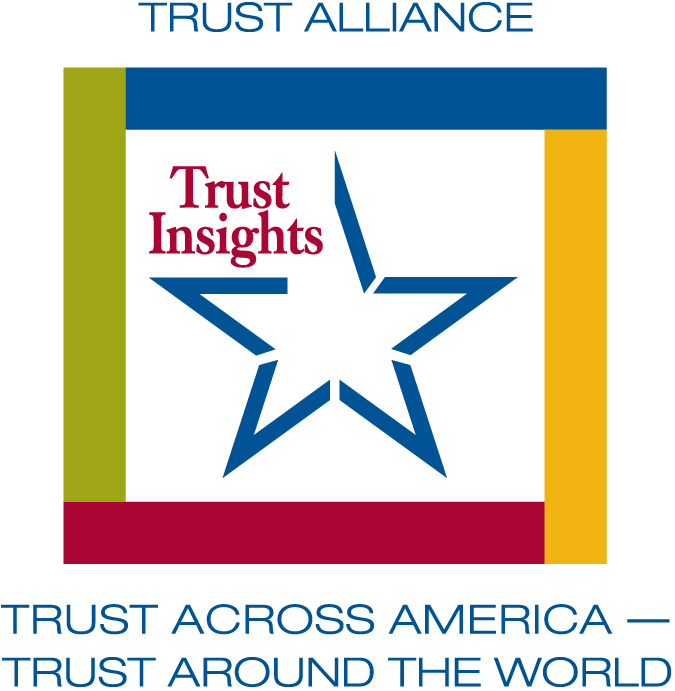 David, thank you for participating in our 2020 Trust Insights series. What is your trust insight?
David, thank you for participating in our 2020 Trust Insights series. What is your trust insight?
Developing trust starts in the C-suite.
David Reiling, CEO Sunrise Banks
Can you expand a bit on this important insight?
A culture of trust needs to be established by organizational leaders and promoted from the top down. The executive team should set the tone for the rest of the organization, and exhibit trustworthiness and integrity as role models for the organization.
Without trust at the top, it will be impossible to spread throughout the rest of the organization.
Can you provide a real life example of a trust “challenge” where your insight has been effectively applied.
Years ago I saw some management behavior that was not acceptable as defined by the organization’s values. When something like this happens, trust slowly erodes and the organization started to break. With time, I saw the management team rebuild itself embracing the organization’s values, leading to a trusted leadership team. This resulted in a ripple effect of trust and transparency throughout the organization.
David, generally, do you think the global “trust” climate is improving or worsening? What actions are making it better or worse?
I think it depends on who you ask. Our political climate is extremely polarized of late and this has caused trust issues for certain people. We’re also experiencing a boom technology and artificial intelligence; data breaches and mishandling of personal information has created a lack of trust in data collection and big tech.
It’s too speculative to say the climate is improving or worsening. However, I do think there would be strong opinions on both sides of the issue.
Many claim we have a crisis of trust. Do you agree?
I wouldn’t call it a crisis of trust, but rather a healthy dose of skepticism in regards to certain developments. In particular, technology and personal data collection have been a point of contention for some. We’ve yet to reconcile our desire for the convenience of technology and the risks that can come with it.
We’re comfortable quickly signing privacy policies – likely without reading them – but we become frustrated when we learn our actions have been used for marketing purposes or our information compromised. As new technology continues to emerge, tech companies need to be as transparent as possible and consumers need to become more self-aware of their actions and the potential consequences connected with providing personal information.
David, how has your membership in our Trust Alliance benefitted you professionally?
The Trust Alliance has set the bar for years now. As a member, the value I have received, as well as the value my organization has received, has been more than significant. The concepts that the Trust Alliance presents have been great fire-starter conversations within the organization at all levels.
David, thank you so much for your time and more importantly for your commitment to elevating organizational trust. What would you like our audience to know about you?
David Reiling is a social entrepreneur, who is an innovator in community development finance and financial inclusion. He is the Chief Executive Officer of Sunrise Banks and has been in the community development banking industry for more than 25 years. Under David’s leadership, Sunrise Banks became a certified Community Development Financial Institution (CDFI), a certified B-Corp, a legal Benefit Corporation, and a member of the Global Alliance for Banking on Values.
And while you are here, Tap Into Trust and complete our 1 minute/1 question quiz. Find out how the level of trust in your workplace compares to hundreds of others.
Did you miss our previous 2020 insights? Access them below.
Trust Insights Week #1: Stephen M.R. Covey
Contact us for more information on elevating trust on your team or in your organization.
Copyright 2020, Next Decade, Inc.

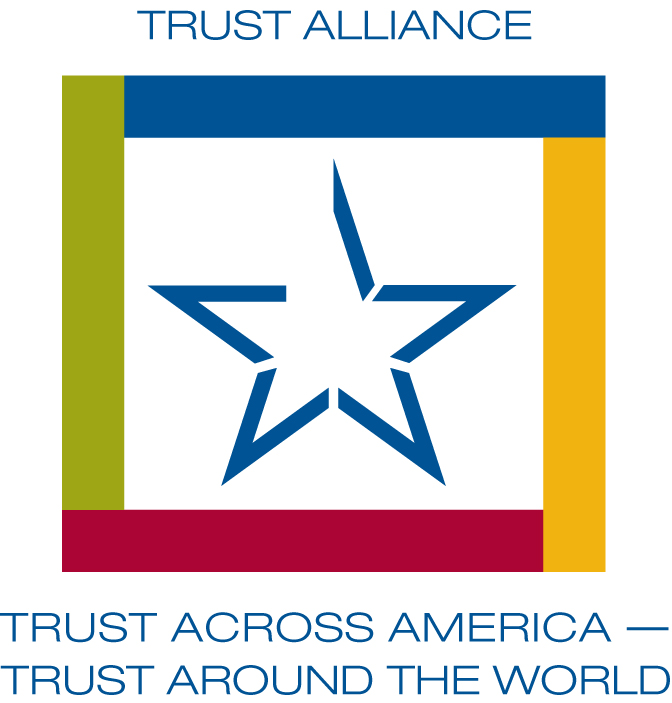
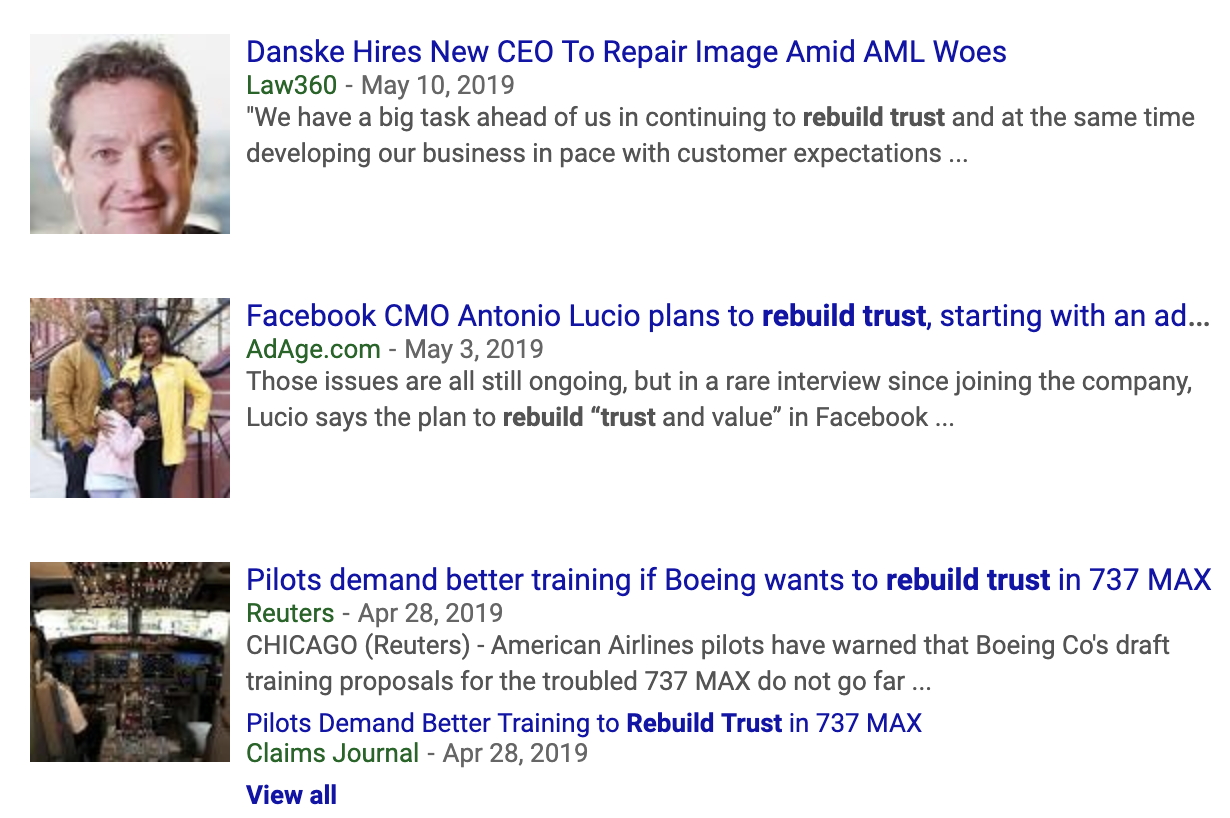
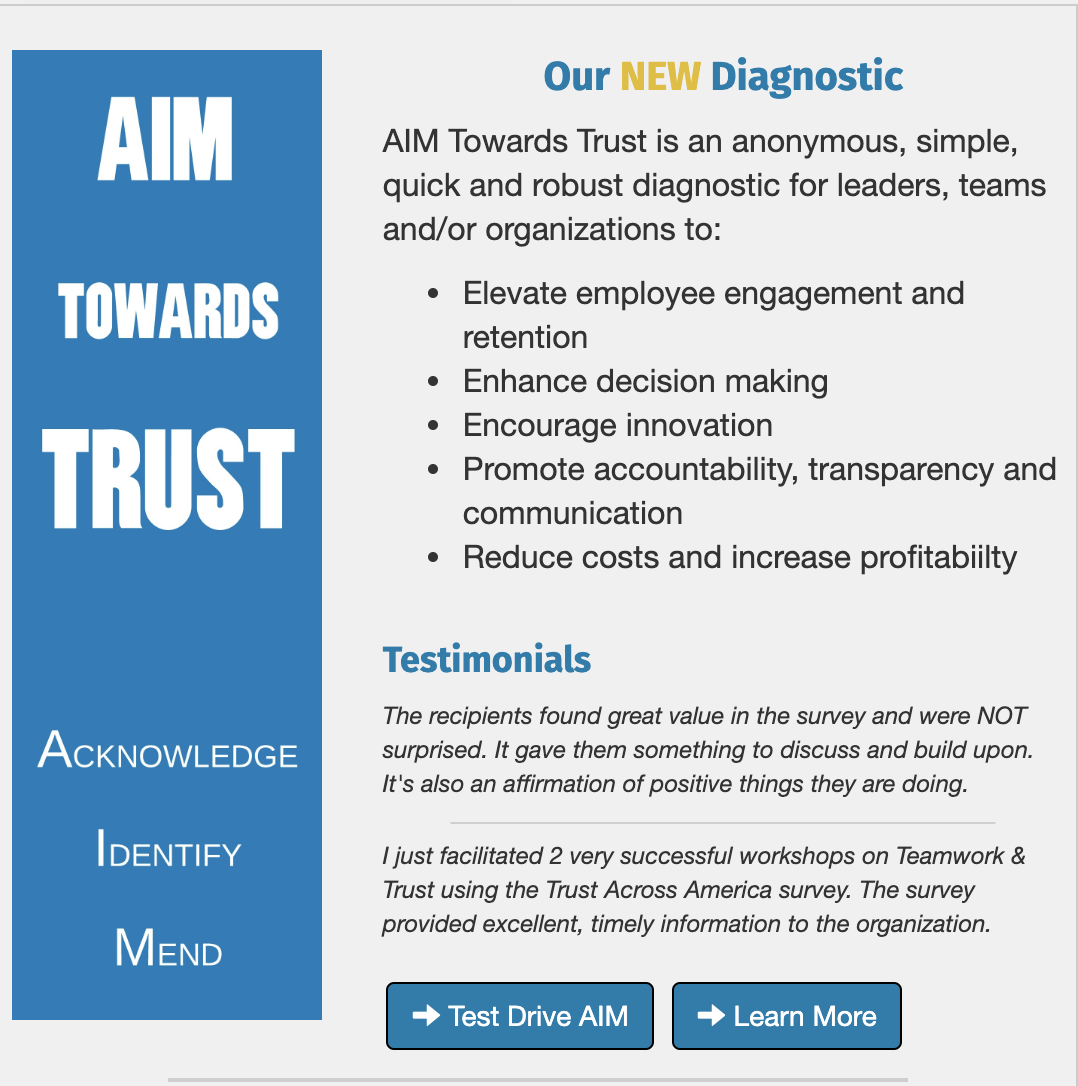
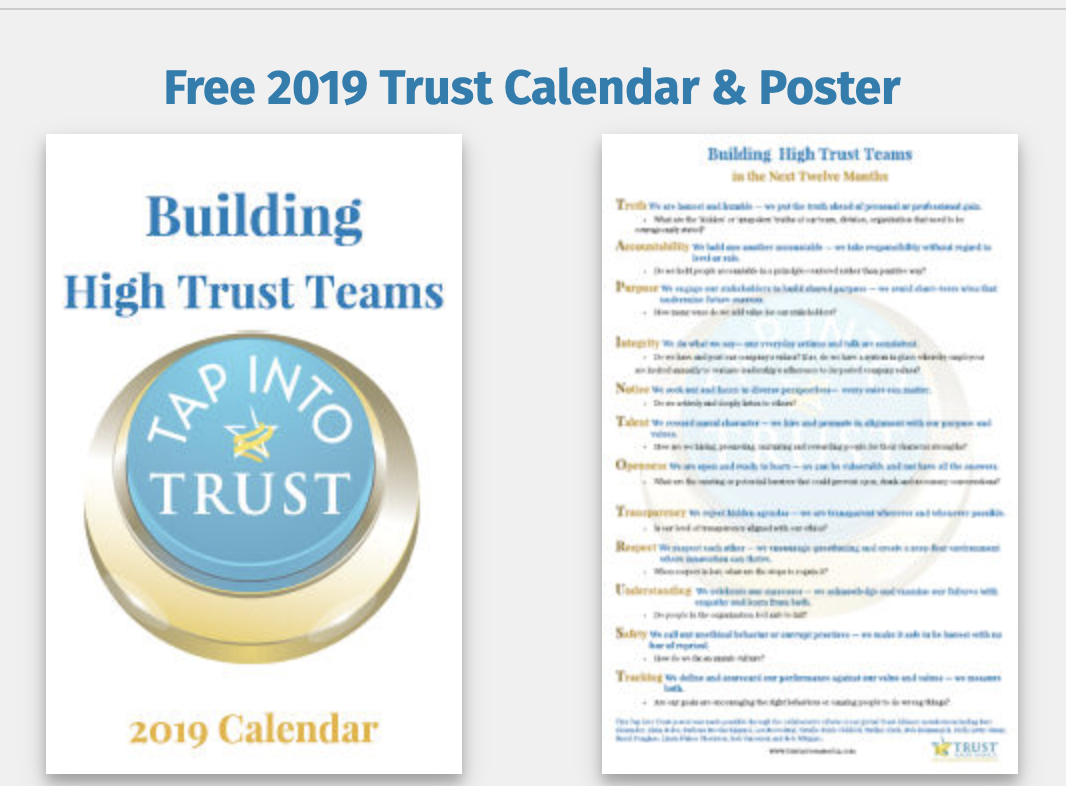
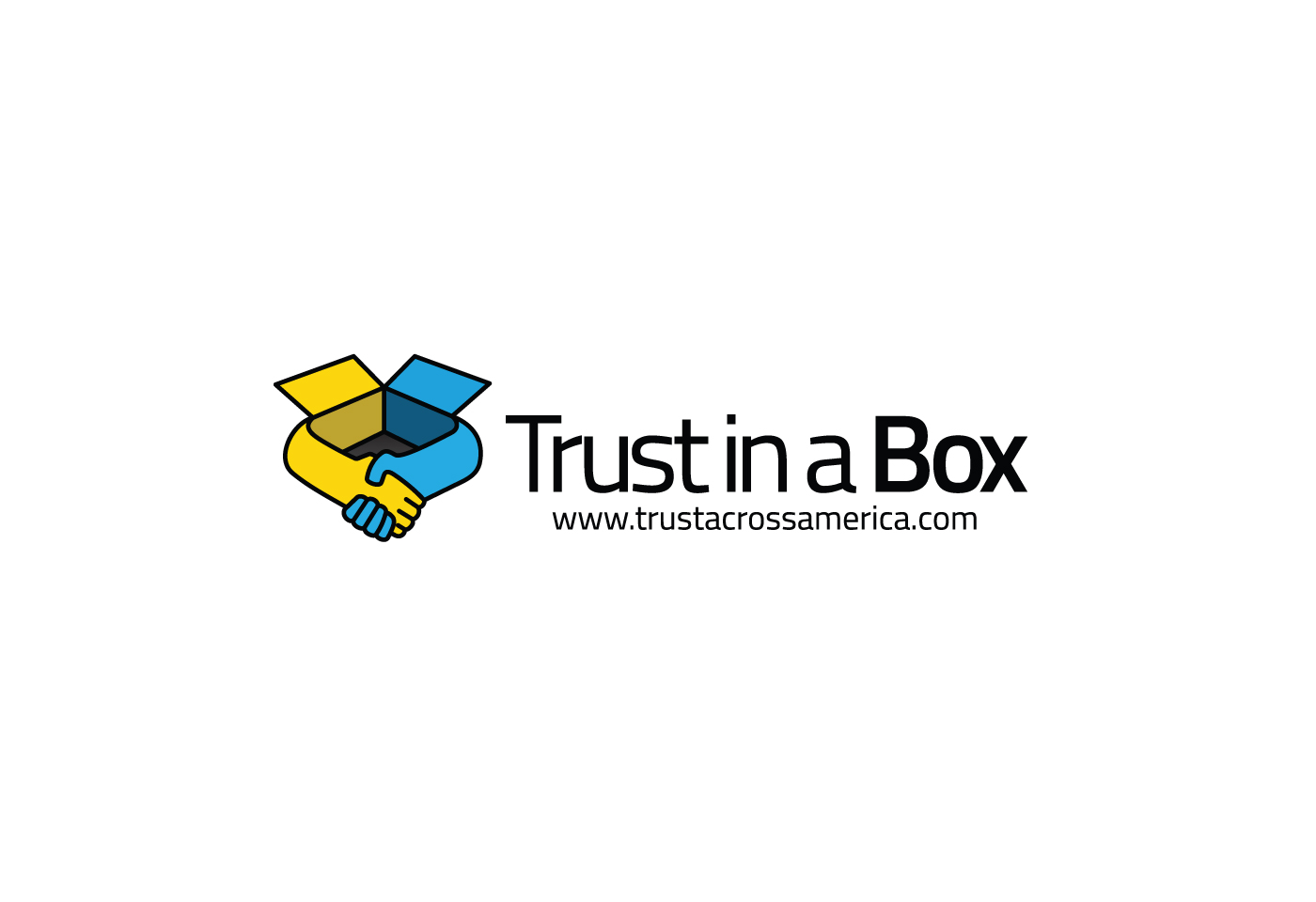
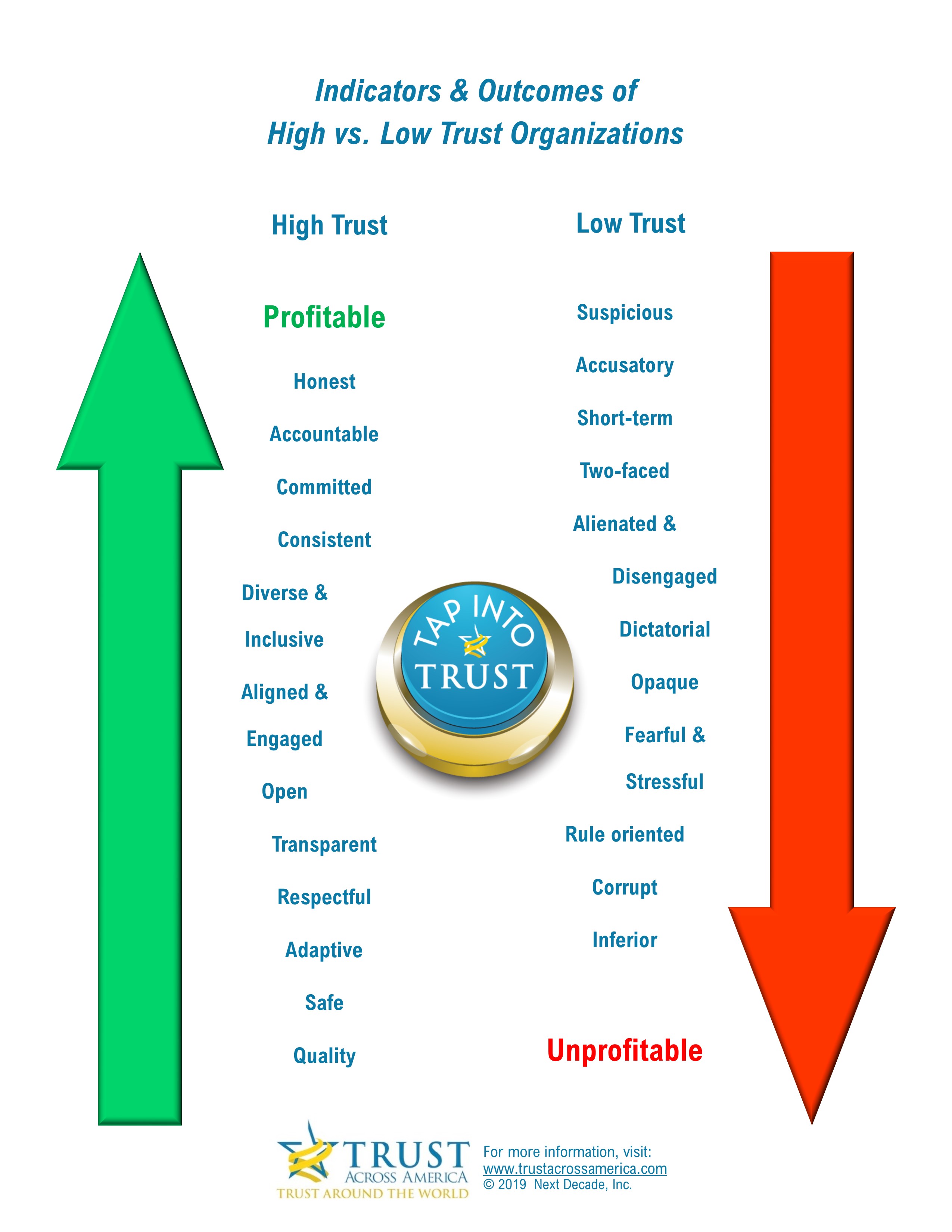

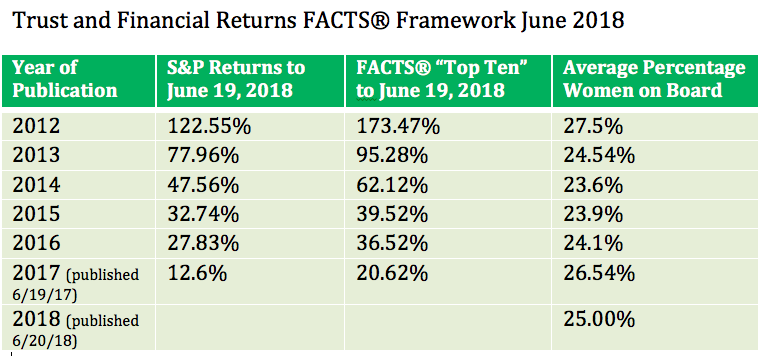
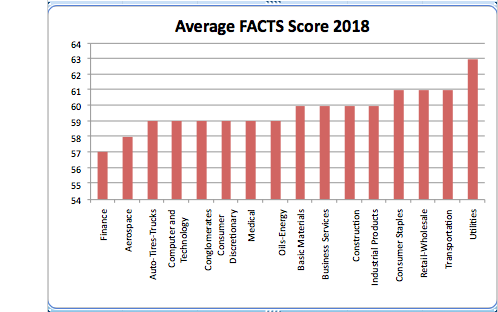

Recent Comments